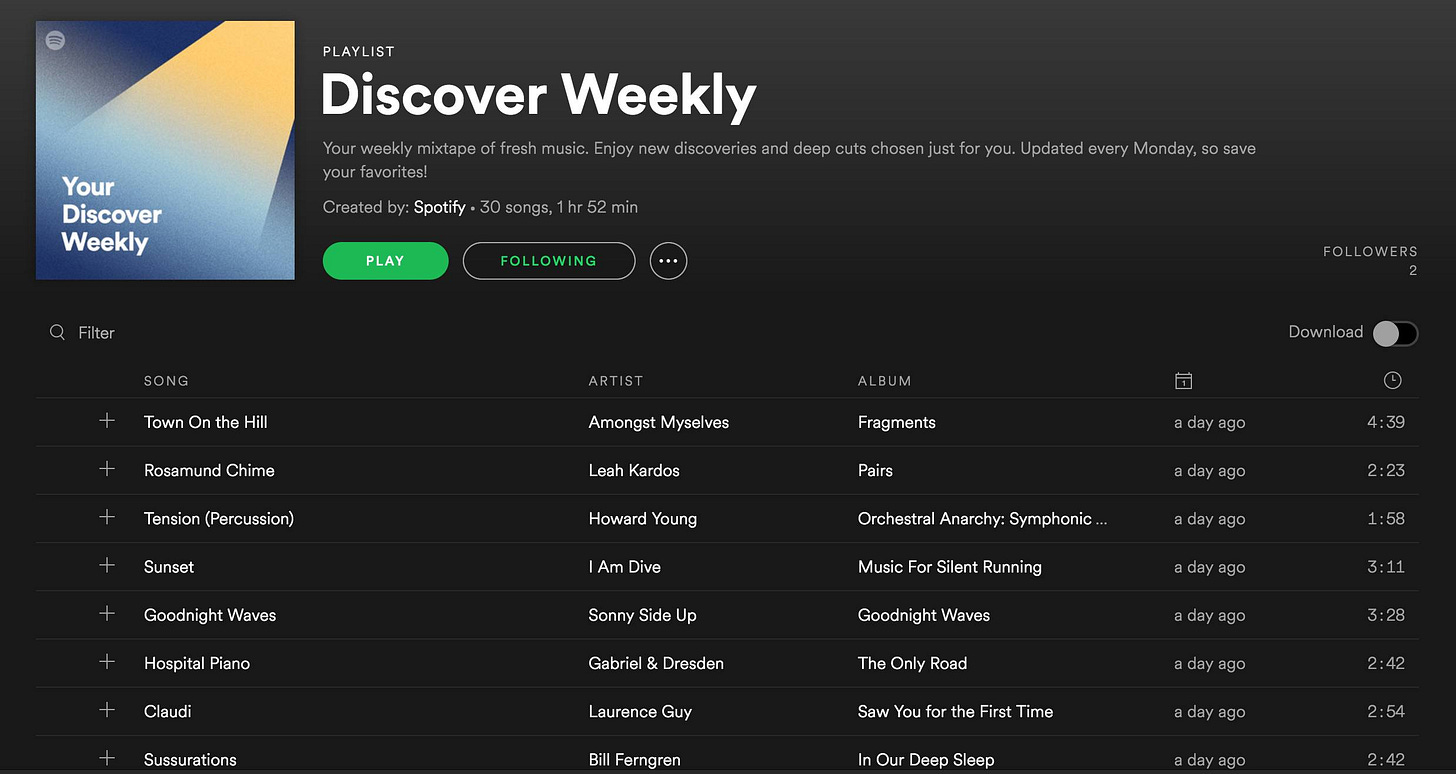The Vanishing of Music Venues
How live music venues are disappearing and what this means for the future of song writing.
Many of my formative years were spent in live music venues. From dingy, smoke filled pubs, to small 100 person clubs and all the way to 1000 seat theatres - live music venues are a vital part of cultural life.
The excitement or anticipation of entering a venue, waiting to see a band you like with your friends is powerful. Or the thrill of going on your own to see whatever band is on that night. Having a range of live venues gives space to different genres of music and a range of different prices to access them.
But in recent years, live music venues have had a difficult time.
The Coronavirus pandemic had a devastating impact on the music industry, with many venues forced to close their doors for months on end. This was a difficult period for many musicians and music lovers, as live music is an important part of socialising and mental health.
Despite COVID restrictions largely being lifted last year, the number of gigs at UK grassroots music venues was 16.7% lower than in 2019.
Another big problem is inflation and the rising cost of everything required to keep a venue running. Small music venues have traditionally had very low profit margins. So when these are squeezed in all directions, on top of reduced ticket sales, it is no wonder that so many venues have disappeared.
Then there’s the struggles with property development and noise complaints.
Venues that have been hosting live music for decades are now being shut down by developers who fail to understand a local area and are purely interested in profit, usually from converting buildings to residential uses.
Why should a pub that’s stood for several hundred years, and hosted amplified music for over 50 years, suddenly have its soul ripped out because a property developer bought a nearby building?
Internet and streaming has also taken a toll, as people are used to instant access to their own musical experiences. Why would you go to the hassle of buying a ticket, going to a venue and not knowing what you are going to hear when you have the world of music at your fingertips anytime, anywhere.
Your local venue used to be your playlist.
Maybe you go for that evening once a week or once a month that has your favourite genre of music. You might even know the bands playing. But you trust the promoter, the person who curates the bands that are on the bill. You don’t know exactly what bands you’ll get, what songs they’ll play or even how well they’ll be performed. But this is part of the experience. That unexpected moment can become a life defining event. Have you ever experienced this from an computer generated Spotify playlist?
The problem also extends beyond the place where music is performed to an audience.
There’s also a lack of spaces to practice in. Particularly in cities or more densely populated countries where property with appropriate space is hard to come by.
The cost of property generally and lack of appropriate practice spaces are a problem for bands wanting to work on their craft.
The cost to enter the music industry is shutting out huge numbers of potential musicians. This is a problem both for representation and innovation in the industry.
But so many of the biggest artists would never have existed for small, accessible venues to practice and perform in.
The impact on songwriting
Music, like any art, should be a reflection of the society at large. We want to hear the stories of people from all backgrounds, expressed in ways that they feel and believe in. If songwriting becomes harder to reach for more people, then it’s scope narrows, it’s influences narrow and the experience becomes more and more homogenised.
Having somewhere like a local open mic night is important. It gives everyone access to a space to experiment and try things out. A songwriter could try out a new idea or concept and see how an audience reacts. There’s little to no barrier to entry in these spaces, they are the creative crucible for future artists.
Some people argue that it’s just nostalgia getting in the way of progress. Cities and towns are constantly evolving places and music venues are the same. But I think this is misplaced optimism. Do teenagers today not need space to experiment and have communal, in person experiences? Do people not need access to cheap or free music venues? No one is denying the importance of music and yet the loss of venues is seen as just another part of progress. But progress to what? If similar venues are not being built to replace them then the musical umbilical chord is being cut.
If the revival of vinyl has taught us anything, it’s that there’s clearly an appetite for in person, tangible experiences.
We lose these venues, and the public good they provide, at our peril.




